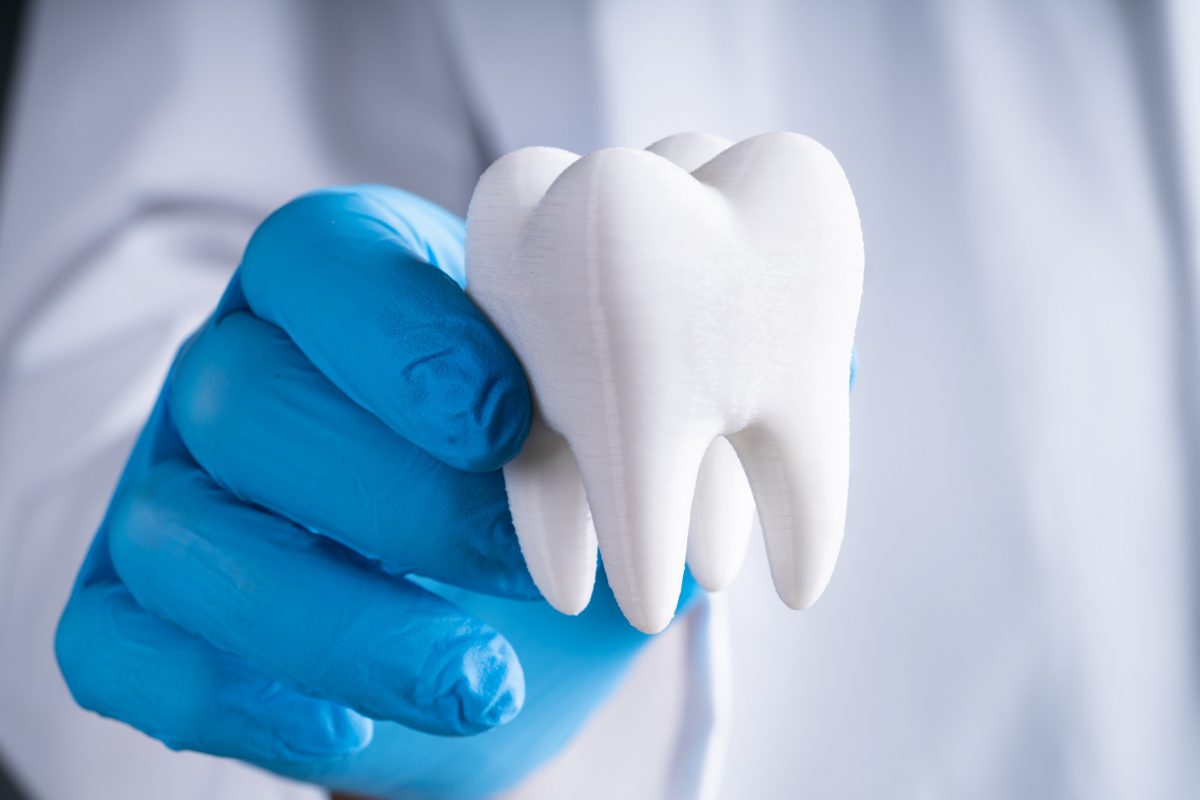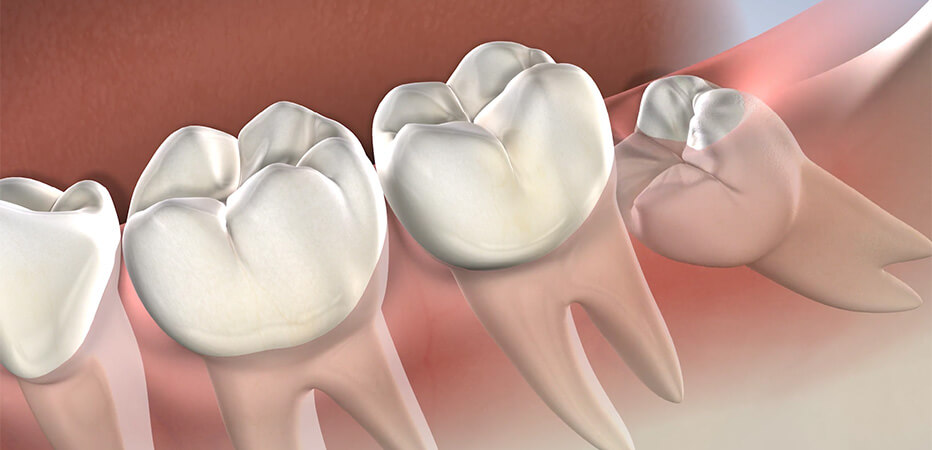Tooth extraction is a common dental procedure involving the removal of one or more teeth from the mouth. These extractions become necessary for various reasons, including decay, damage, impaction, or infection.
From dentist tooth extraction healing to infected tooth removal, tooth extraction pain, and rotten tooth extraction costs, along with recognizing how long does a tooth extraction take, having a solid understanding of what this procedure entails is essential for your oral health and well-being.
Understanding Tooth Extractions
What is a tooth extraction? Before we dive into the reasons for tooth extractions, let’s establish a solid understanding of the procedure and the types of teeth that may require extraction.
Dental extraction, also known as tooth extraction, involves the gentle removal of a tooth from its socket in the jawbone. Dentists and oral surgeons typically perform this procedure, which can range from extracting a single tooth to multiple teeth.
Types of Teeth That May Require Extraction
Some are more prone to extraction than others. These include::
- Decayed or Damaged Teeth: Teeth severely affected by decay or damage may require extraction to prevent further oral health complications.
- Wisdom Teeth: Wisdom teeth, also known as third molars, often need extraction due to impaction, causing pain, infection, or crowding of other teeth.
- Gum Inflammation: Advanced gum disease can lead to tooth extraction when the tooth-supporting structures are compromised.
- Injuries and Trauma: Teeth that have sustained significant trauma or injury may need extraction if they cannot be effectively restored.
Reasons for Tooth Extractions
Now, let’s delve into the specific reasons that lead to tooth extractions in more detail.
Tooth Decay and Dental Damage
One of the primary reasons for tooth extractions is tooth decay.
When a tooth is severely decayed and not amenable to conventional dental procedures like fillings or crowns, extraction becomes necessary to prevent further infection and damage.
Additionally, teeth that have suffered extensive damage from fractures or wear and tear may require extraction when restoration is unfeasible.
Gum Inflammation
Advanced gum disease, also known as periodontal disease, can lead to gum inflammation and damage to the tooth-supporting tissues.
In severe cases, gum inflammation may result in tooth mobility and loss of attachment to the jawbone, necessitating tooth extraction when non-surgical treatments prove ineffective.
Wisdom Teeth Issues
Wisdom teeth, typically emerging in late adolescence or early adulthood, can often lead to complications. Due to their location at the back of the mouth, they may become impacted, meaning they don’t fully emerge from the gum line.
This can result in pain, infection, and potential damage to adjacent teeth, making wisdom teeth removal or extraction a common dental procedure.
Injuries and Trauma
Accidents and injuries can sometimes lead to teeth becoming damaged beyond repair. In such cases, extraction becomes necessary to prevent infection, alleviate pain, and maintain overall oral health.
Dentists carefully assess the extent of the injury before deciding whether extraction is the best course of action.
When Tooth Extractions Are Necessary
Recognizing when tooth extractions are necessary involves identifying certain signs and symptoms. If you’re wondering what happens if you don’t remove your wisdom teeth and experience any of the following, it’s crucial to consult with a dentist to evaluate the need for extraction:
- Severe Tooth Pain: Persistent and severe tooth pain can be indicative of a dental issue that may require extraction.
- Swelling and Infection: Swollen gums, pus around a tooth, or signs of infection may necessitate extraction to prevent the spread of infection.
- Impacted Wisdom Teeth: If your wisdom teeth are causing pain, pressure, or discomfort, they may need to be extracted.
- Gum Disease: Advanced gum disease that has caused significant damage to the supporting structures of the teeth may lead to extraction.
- Trauma: In cases of traumatic injury to a tooth, extraction may be the best solution if the tooth cannot be saved through other means.
Preparing for the Procedure
If your dentist determines that a tooth extraction is necessary, you will need to prepare for the procedure. This preparation involves several steps to ensure a safe and successful extraction.
Preparatory Measures
Before the extraction, your dentist will take X-rays to assess the tooth’s position and the surrounding bone. They will also ask about your medical history and any medications you are currently taking.
Providing accurate information is essential to ensure a smooth extraction process.
Anesthesia and Pain Management
Tooth extractions can be performed under local anesthesia, which numbs the area around the tooth, or with sedation if necessary.
Your dentist will discuss the best option for you based on the complexity of the extraction and your comfort level. After the procedure, you will receive instructions for tooth extraction aftercare to manage any discomfort and promote healing.
The Tooth Extraction Procedure
The tooth extraction procedure itself typically follows these stages:
- Anesthesia: Before the extraction, the dentist administers the chosen anesthesia as sedation for tooth extraction to ensure you are comfortable and pain-free during the procedure.
- Loosening the Tooth: Using specialized instruments, the dentist gently loosens the tooth within its socket.
- Extraction: How does a dentist pull a tooth? Once the tooth is sufficiently loosened, the dentist carefully removes it from the socket.
- Post-Extraction Care: After the tooth is extracted, your dentist will provide guidance on tooth extraction aftercare to minimize pain, swelling, and the risk of infection.
Benefits of Tooth Extractions
Choosing a reputable dental practice, like The Art of Dentistry, for your tooth extraction offers several advantages:
- Expertise: Art of Dentistry’s experienced dental professionals are skilled in performing tooth extractions, ensuring a high level of expertise and care.
- Advanced Techniques: We utilize advanced dental techniques and equipment to make the extraction process as efficient and comfortable as possible.
- Personalized Care: Our team at The Art of Dentistry prioritizes individualized care, tailoring treatment plans to meet each patient’s unique needs.
- Emergency Tooth Extraction: In cases of dental emergencies requiring immediate attention, The Art of Dentistry is equipped to provide prompt and effective tooth extractions.
Ultimately, the removal of certain teeth can be a crucial aspect of preserving your dental health. It’s vital to comprehend why teeth might need to be removed, to identify the telltale signs that suggest a tooth extraction could be required, and to pursue treatment from a trustworthy dental institution such as The Art of Dentistry, as these are key measures in guaranteeing a smooth and comfortable experience with tooth extraction.
If you’re facing a tooth extraction, feel confident that proper care and direction will enable you to regain a healthy and painless smile. Don’t hesitate to seek dental guidance and intervention when necessary – get in touch with us at The Art of Dentistry today.
Dr. Sol Weiss is a renowned cosmetic dentist based in Toronto, celebrated for his exceptional skills, specialized training, and extensive experience in delivering aesthetic dental solutions. With a distinguished career spanning various media appearances and educational roles, including a former Assistant Professor of Dentistry position at the University of Manitoba, Dr. Weiss has earned a reputation as a leading authority in cosmetic dentistry. His dedication to excellence, active involvement in professional organizations, and commitment to staying at the forefront of dental advancements make him a sought-after expert in North America. Leveraging advanced techniques, such as Invisalign and teeth whitening, Dr. Weiss transforms smiles, allowing his patients to achieve their dream smiles with precision and artistry.



